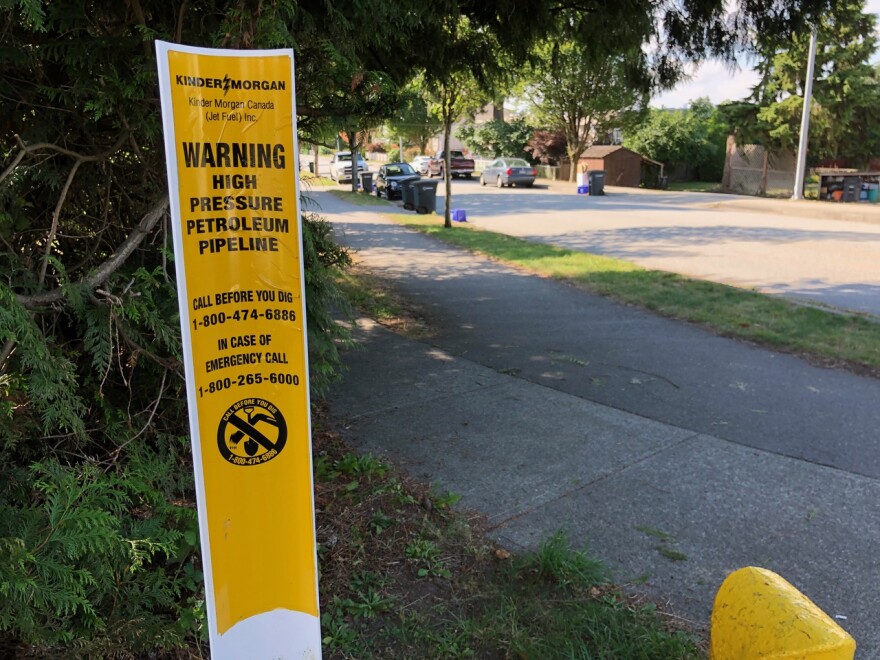An appeal of the Canadian government’s approval of the Trans Mountain Pipeline has been allowed to proceed. The legal procedure from opponents is being allowed, but on an accelerated schedule.
In the written decision, the Canadian Federal Court of Appeal allowed six of 12 appeals to proceed.
Justice David Stratas says several First Nations groups will be allowed to file a limited appeal on an expedited basis. He found that their appeal regarding a lack of proper consultation, between August 2018 and June of this year, does have merit. He says pre-existing case law should make the appeal focused and narrow in scope.
All the requests to appeal by environmental groups are denied.
The court stopped the expansion of the pipeline in August last year, citing the need for further consultations with First Nations and study on the environmental impact of the pipeline on marine life, in particular the Southern Resident killer whales. The Canadian government of Prime Minister Justin Trudeau subsequently re-approved the pipeline, contending the necessary reviews and consultations were done. The government had previously bought the pipeline from Texas-based Kinder Morgan.
The proposed expansion of this existing pipeline could see a seven-fold increase of tanker traffic carrying heavy crude oil known as bitumen, through the Salish Sea en route to Asia.
The expanded pipeline is supposed to bring almost 900,000 barrels of crude oil a day from neighboring Alberta to a terminal in the Vancouver suburb of Burnaby, on Burrard Inlet. That is 70,000 more barrels than the Keystone XL Pipeline.
The expansion is sure to play a part in Canada’s upcoming federal election, which is scheduled for Oct. 21. Trudeau’s Liberals and the Conservatives are in favor, while the New Democratic and Green Parties are opposed.






